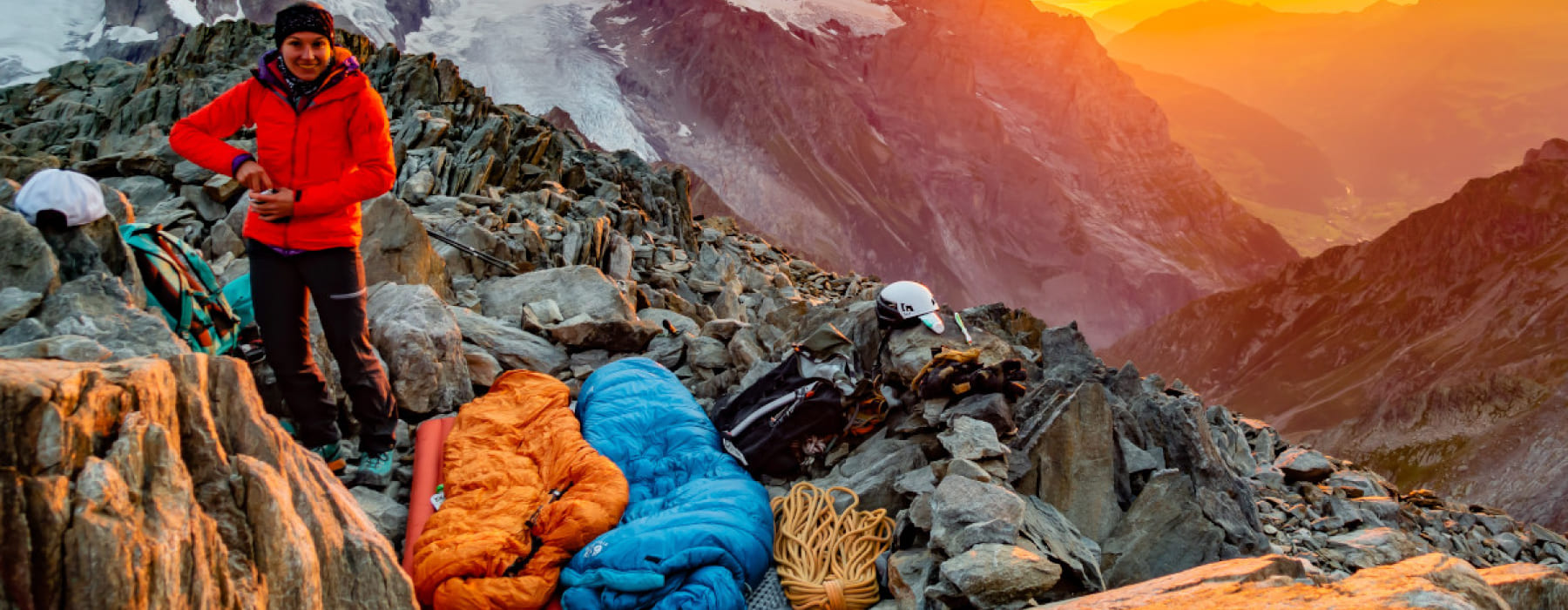
What is the difference between a camping sleeping bag and a sleeping bag for hiking? In general, camping bags offer plenty of room to move around, while backpacking bags are lightweight and comfortable. If you are going to use one bag for both activities, choose a backpack style because you need it to be lightweight if you are going to carry it in a backpack.
Cusco is a city in the mountains of Peru with 3,399 mt. above sea level, therefore it is a city where it is quite cold compared to other cities in the north or jungle of Peru. The tours offered by the city of Cusco are the Inca Trail hike to Machu Picchu, Lares Trek, Ausangate Trek, Salkantay Trek, etc. They are walks that in some sections reach higher temperatures than in the center of the city.
Because you can always unzip a bag that feels too hot, you should choose a sleeping bag with a lower temperature rating than the lowest night temperature you expect where you plan to camp. If you are going to use your bag in the colder months of the year, look for bags that can withstand lower temperatures.
All that said, keep in mind that temperature ratings, which are based on an “average sleeper,” primarily allow you to compare bags against each other. A wide range of other factors affect how you will actually feel once you are outdoors: your sleeping pad, what you wear to sleep, humidity and wind, your metabolism, and more.
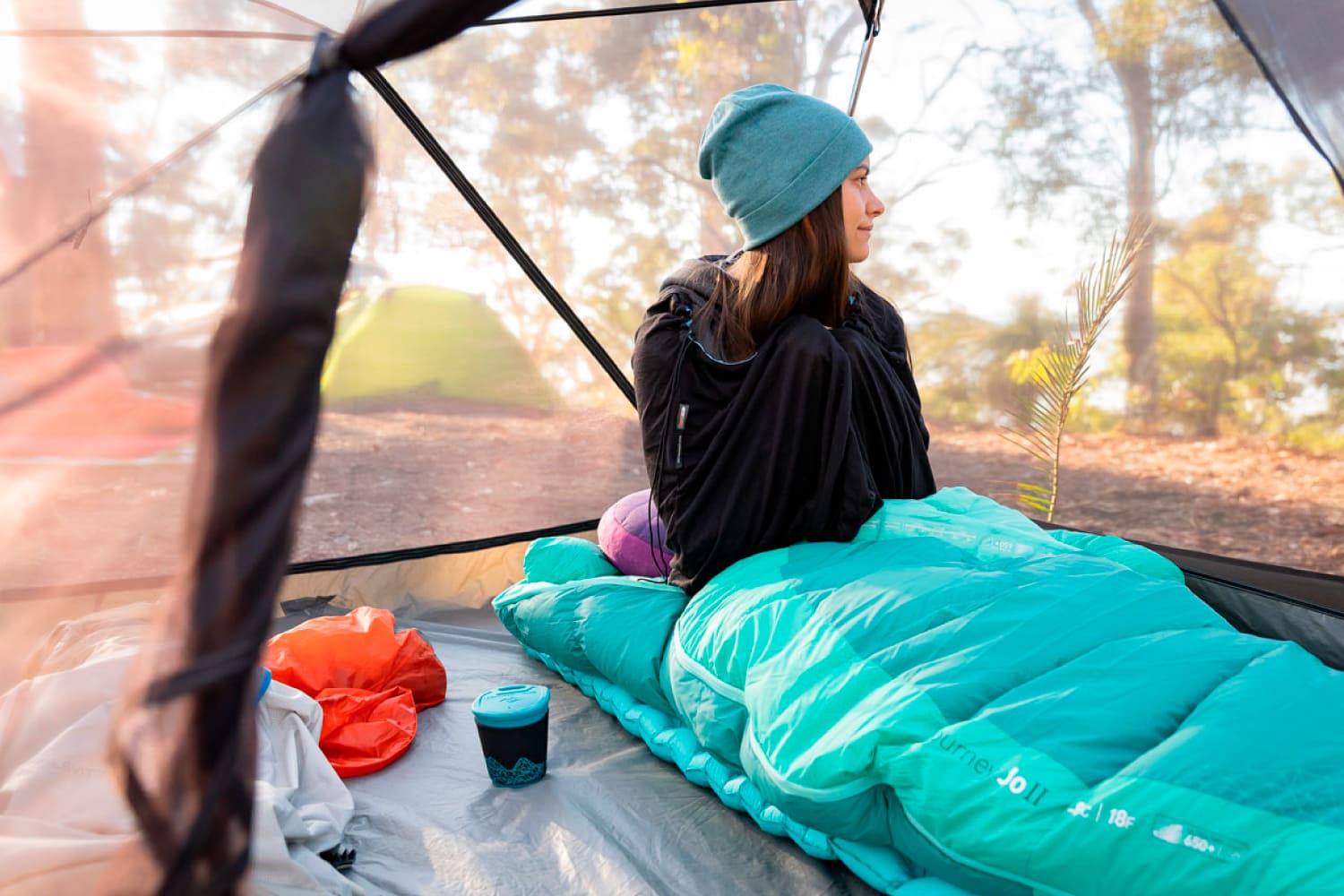
In general, campers want bags that offer ample room to stretch out and roll over, which is why many camping bags have a simple rectangular design. It’s hard to predict if you feel a bag is roomy enough without having to zip it inside a bag. So it’s a good idea to “test” different bags to see what styles of bags are most comfortable for you.
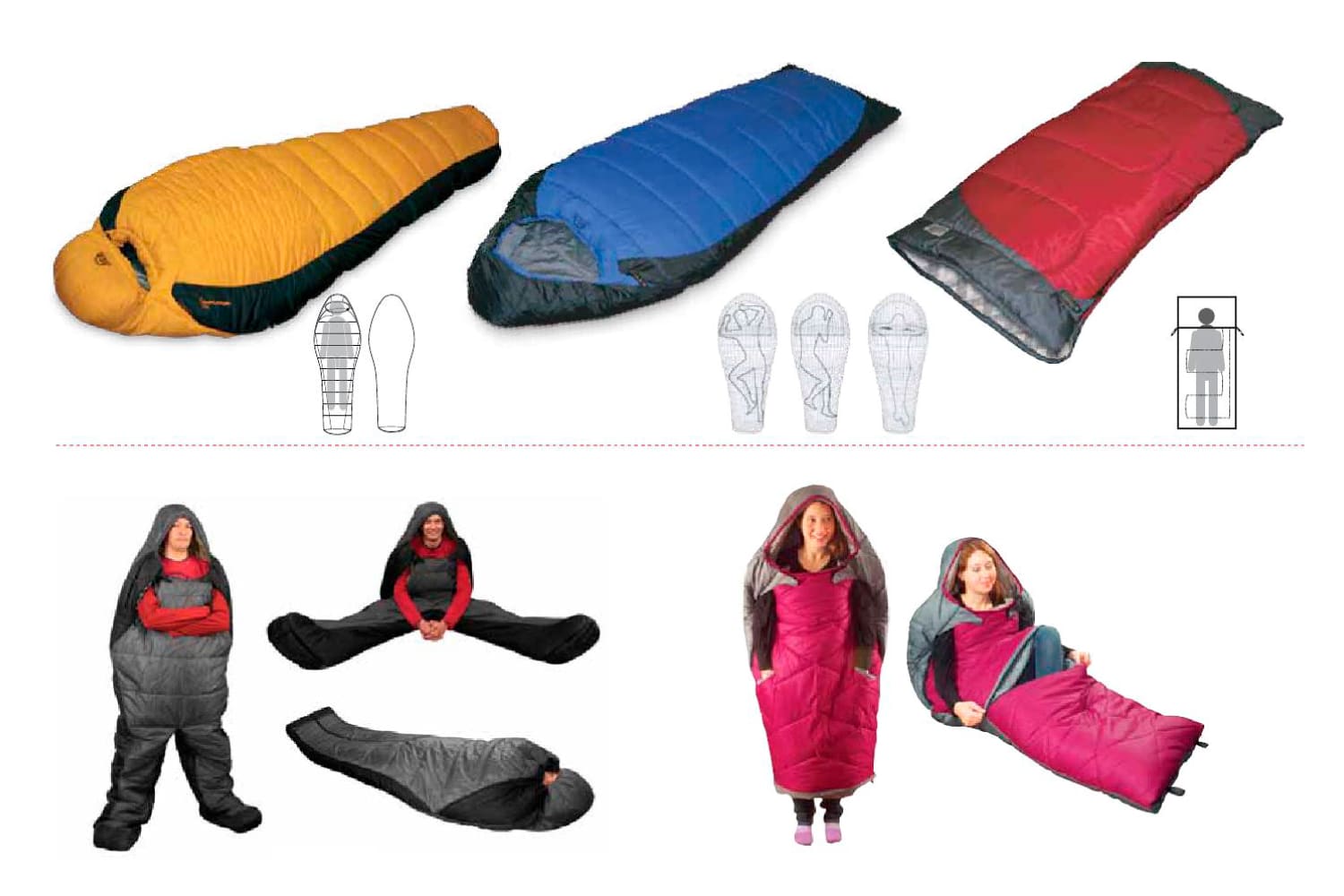
The big choice here is whether you want an insulated bag with down fill or synthetic fill.
A note on the ethical pen: Most brands take steps to control the treatment of ducks and geese that provide pen. You can identify a bag from one of those manufacturers when you see it labeled RDS (Responsible Down Standard) or TDS (Global Traceable Down Standard).
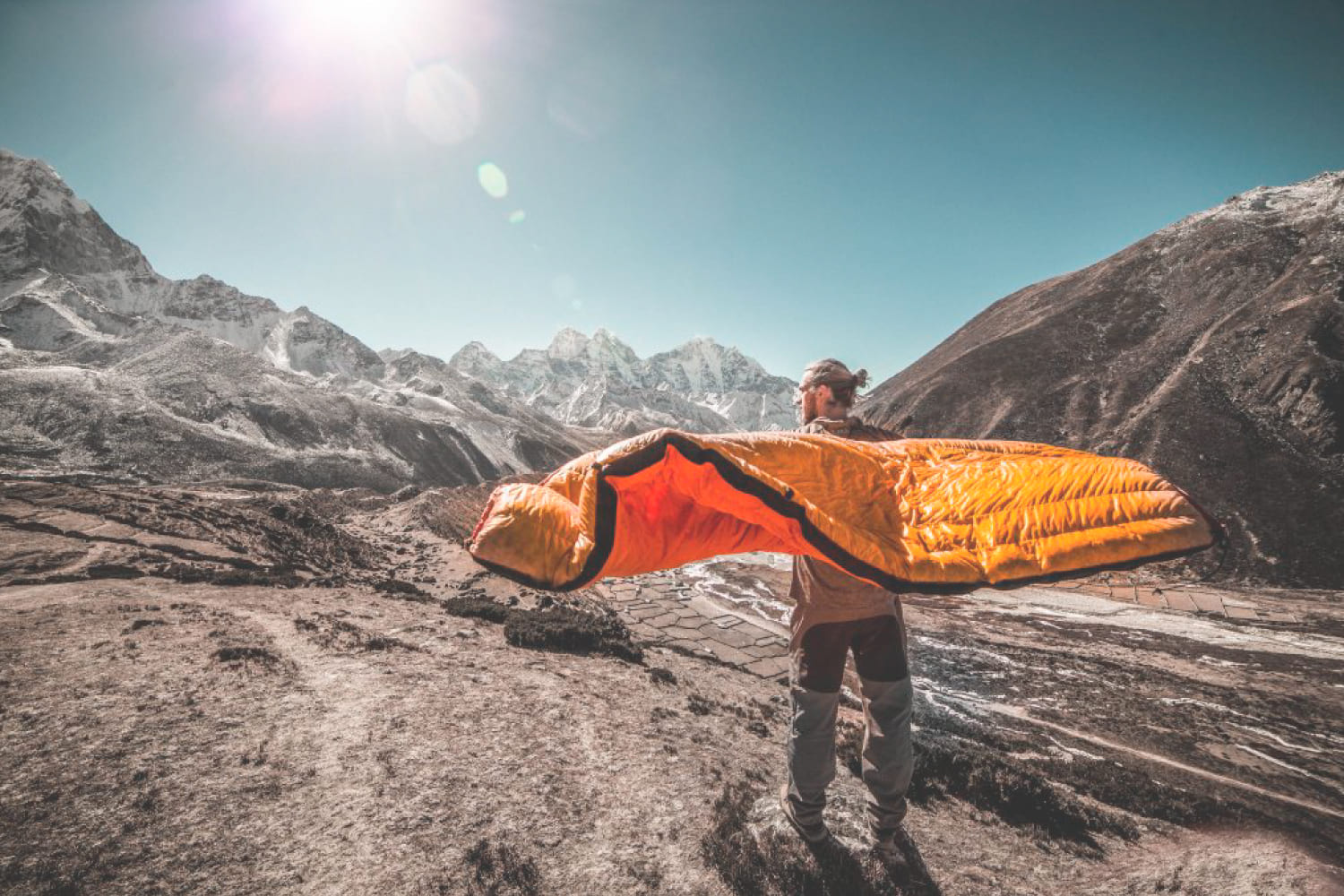
Sleeping Bag Shells: The outer fabric, which is made of durable polyester or nylon, has a durable water repellent (DWR) finish to protect the insulation inside the shell from moisture. Inside the bag, you will find materials with a soft and warm texture.
Sleeping Bag Hood: A tight hood can make a bag much warmer, so you are more likely to find hoods in bags with lower temperature ratings.
Zipper Features: Getting a bag with more than one zipper slider makes it easy to adjust the ventilation. In addition, some bags prevent the zipper from snagging by protecting the zipper with a protector along its entire length; others address the problem with a cover for the zipper itself.
Stash Pocket: Some bags offer a handy zippered stash for things like a watch or lip balm.
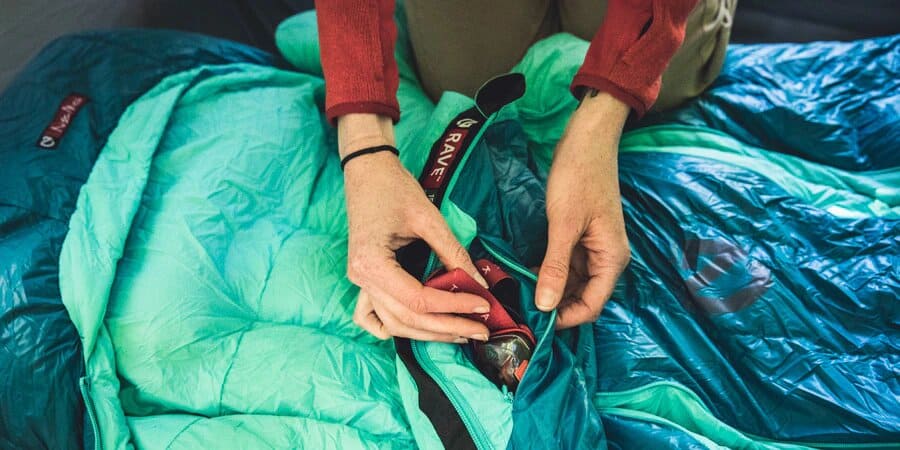
Stuff Bag: A sleeping bag stored in a stuff bag will take up less space when you put it away. Storage
Sack: Leaving a permanently flattened bag inside your stuff bag is tough for insulation, which is why many bags also come with a large mesh or cotton.
Sleeping bag liner: Sliding down a soft sleeping bag liner inside your bag helps keep it clean and adds extra warmth when needed. Camping in hot weather? Skip the bag and sleep on the liner.
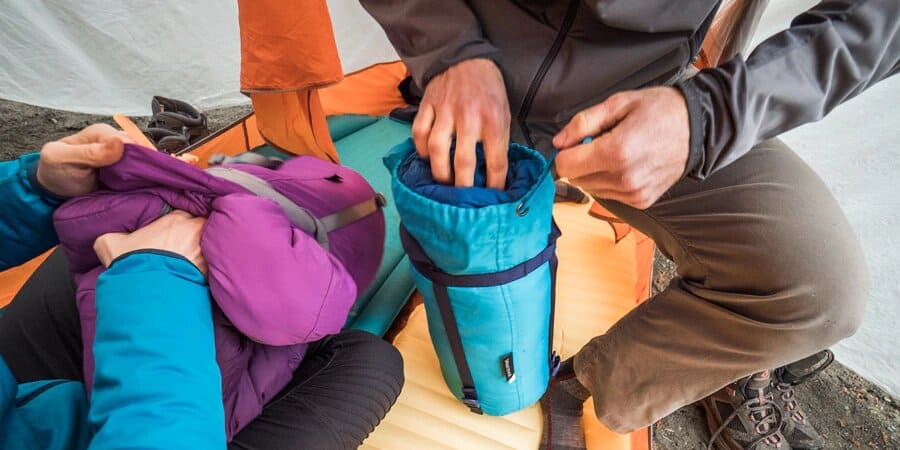
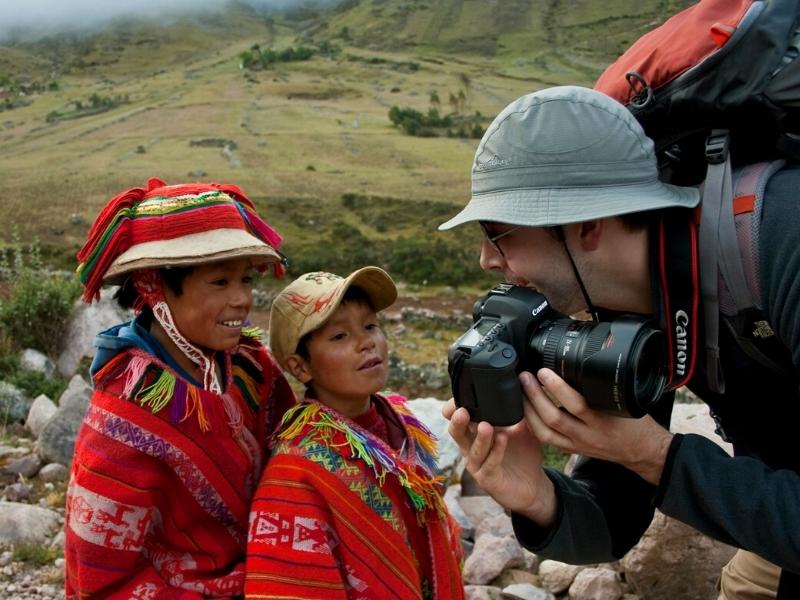
The Lares Trek combines high Andean trekking with a chance for genuine interaction with the most isolated indigenous communities which keep the inca culture alive. Majestic glaciers, amazing glacial lakes, waterfalls, llamas, and alpacas.
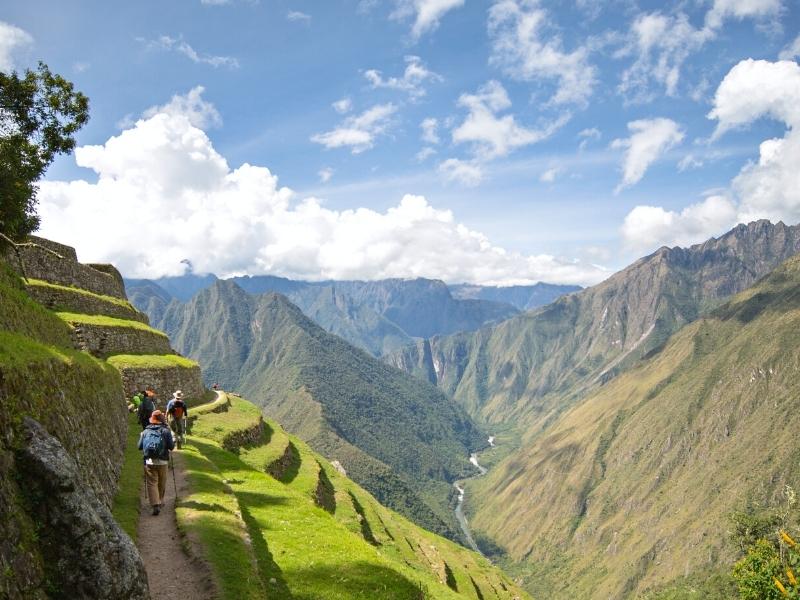
The classic Inca Trail hike to Machu Picchu is one of the world's greatest hikes. Along the 45 km you will explore unique andean valleys, lush mountain forest.An exquisite architecture of the Inca sanctuaries, which will dazzle you for its fineness and location within the Andes.
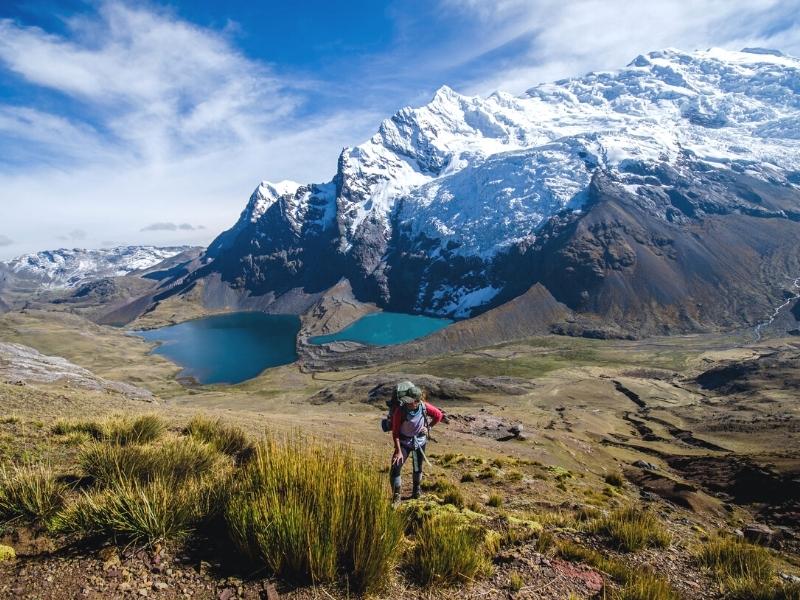
The Ausangate Trek is one of the hiking circuits, most incredible for the beauty of its landscapes, in this mountain adventure you will enjoy unique scenarios, such as lakes of different colors (blue, green, turquoise, red), the mythical mountain of rainbows and ancient Andean cultures, who are the true heirs of the Incas, many still celebrate their ancestral rites.
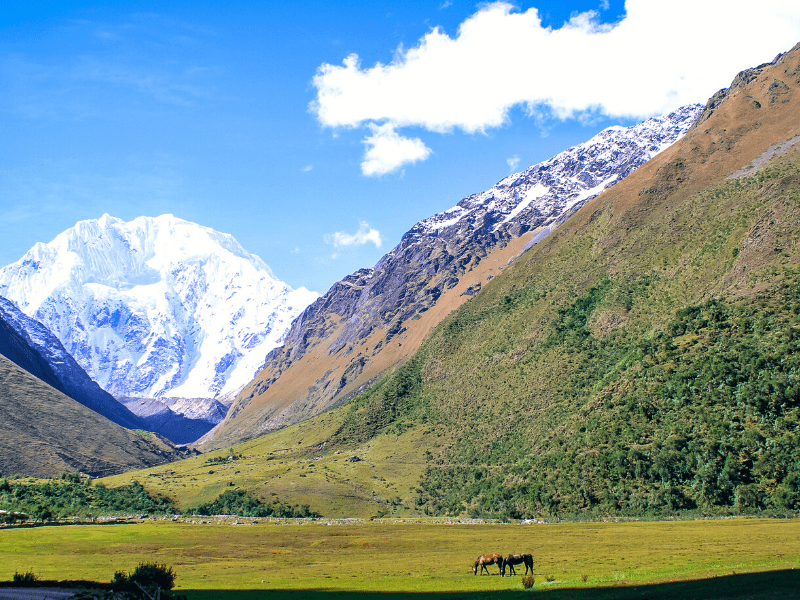
Salkantay Trek is the second best hiking option to Machu Picchu, offering a totally full of natural scenes , passing the majestic Salkantay snow mountain.
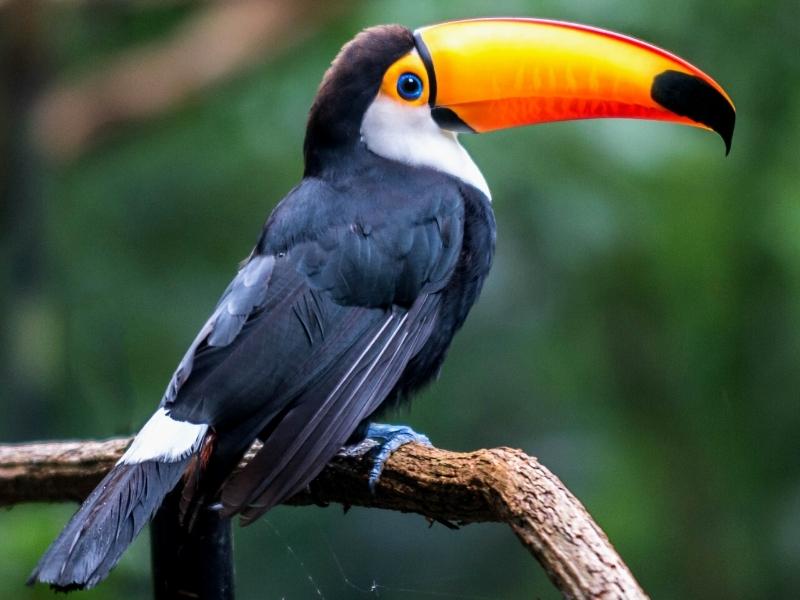
The 3 Days Tambopata Adventure Tour is exclusively designed for those wanting to experience the best of Peruvian Amazon Rainforest in a short time. The Tambopata jungle adventure offers an insight to the culture and amazon wildlife.

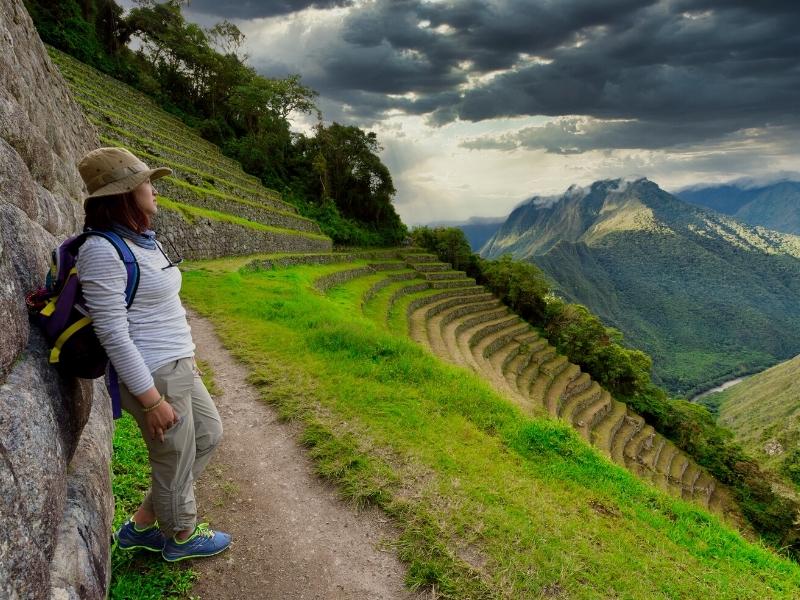
The 2-day Inca trail to Machu Picchu, is the shortest version of the Inca trail circuits to the sacred citadel of Machu Picchu. Andean Great Treks organize this trek with the best local guides and hotels in Machu Picchu. We work only in small groups, the premium service for your delight in Cusco.